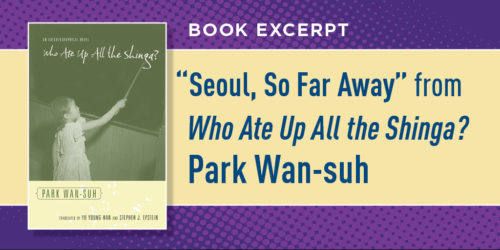Kenneth Goldsmith in The Believer
Interest in Kenneth Goldsmith and his new book Uncreative Writing: Managing Language in the Digital Age continues with a great interview in The Believer with fellow WFMU DJ Dave Mandl.
Like his equally entertaining and wide-ranging discussion with Marcus Boon, Goldsmith shares his ideas on a wide range of subjects, including the difference between a readership and a thinkership, sampling culture, why some of his favorite books are unreadable, his extraordinary website UbuWeb, and his near run-in with the New York Yankees.
One of Goldsmith’s central arguments in Uncreative Writing is that the existence of the Internet and the plethora of text it provides offers new opportunities for writing.
We’re living in a time when the sheer amount of language has exponentially increased. As writers, if we wish to be contemporary, I think we need to acknowledge that the very nature of the materials that we’re working with—the landscape of language—is very different than it was a few decades ago. It seems to call into question the way we write and the environment into which we’re writing and distributing our works. Not only that, but our entire digital world is made up of alphanumeric language (the 1s and 0s of computing)…. Now you can open a JPEG in a text editor, dump in a bunch of language, and reopen it as an image, and you’ll find that the image has completely been changed—all as a result of active language. This is so new, and the implications for writing are so profound and paradigmatic. Suddenly, language is material to shape and mold, not only a transparent or invisible medium for communication, business contracts, or telling stories. Language has many dimensions; we’re seeing the materiality of words emerge in new and interesting ways. But I don’t wish to be prescriptive here. Of course, wonderful stories remain to be told and new ideas to be written. After all, for all my talk of “uncreativity” and “unoriginality,” isn’t what I’m pointing out here in conventional language something new and original? Paradoxes abound.
Yet at the same time, Goldsmith champions the radical nature of paper in the twenty-first century:
I’m going to drop a real secret on you. It used to be that if you wanted to be subversive and radical, you’d publish on the web, bypassing all those arcane publishing structures at no cost. Everyone would know about your work at lightning speed; you’d be established and garner credibility in a flash, with an adoring worldwide readership. Shh… the new radicalism is paper. Right? Publish it on a printed page and no one will ever know about it. It’s the perfect vehicle for terrorists, plagiarists, and for subversive thoughts in general. If you don’t want it to exist—and there are many reasons to want to keep things private—keep it off the web. But if you put it in digital form, expect it to be bootlegged, remixed, manipulated, and endlessly commented upon. Expect spiders to pick it up and use it as ad-bait on spoof web pages. The moment you put it out there, all bets are off; it’s way out of your control.





